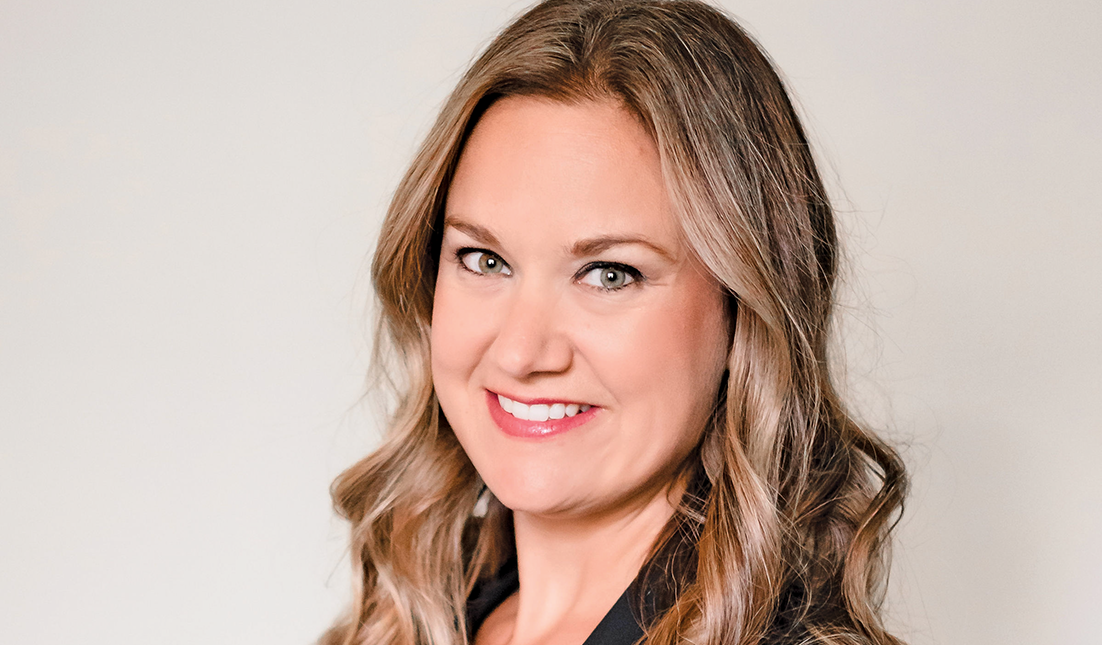5 common mistakes companies make in hiring

In our April issue, we’ll have an in-depth look at the workforce crisis and how companies are finding creative solutions to the labor shortage in the boating industry.
As part of that article, I talked to Neal Harrell, the president of Brooks Marine Group, an executive and management recruiting firm for the marine industry. One of the biggest problems for the industry, Harrell said, is that we’re hiring in the wrong way.
Here are five common mistakes that companies are making when looking for new employees:
1. Bad job descriptions
Most companies write boring job descriptions that don’t do an adequate job of selling the company and the position. Smart companies tell a story that goes beyond the basic qualifications and requirements.
“They tell a story about the company and what’s unique, different and compelling about the company, or what’s exciting about the product, the location,” Harrell said. “And they do the same about the position. They describe the team, the environment, the duties and responsibilities, the opportunity to impact, and threaded in that are the qualifications they’re looking for.”
2. Wrong people making decisions
Too many companies have an inappropriate person reviewing applications, such as a human resources person or office manager instead of the hiring manager. This can lead to situations where the best qualified people don’t make it past the initial screening because their skills or experience aren’t recognized as they would be by someone more familiar with the job duties.
3. Disorganized interview process
Too often, the people interviewing an applicant haven’t been prepared for that interview. There should be a well thought out and organized interview process so that when the candidate arrives for the interview, everyone knows what’s going to happen.
Before the applicant shows up for the interview, everyone who is going to be involved in the process needs to be briefed on the attributes of that candidate. Questions should also be discussed so multiple people don’t all ask the same questions of the applicant. Preparing ahead of time helps create a smooth process for the applicant and the company.
4. Improve compensation
You need to be aware of what your competition is paying for the same or similar jobs to make sure you’re attracting qualified talent. And by competition, that’s not only the boat dealer down the street, but the air conditioner manufacturer across town or the remodeler next door. And don’t forget benefits.
“We just have to pay more competitively as an industry,” Harrell said. “If we’re going to demand top talent then we’ve got to be willing to pay for it.”
5. Lousy onboarding process
Once you’ve hired a new person for the team, a bad or good first day makes an important impression on the employee. A disorganized first day sends a bad message about the way the company does business.
“We do a lousy job with the onboarding process,” Harrell said. “It sets the tone for everything that’s going to happen thereafter. Has everybody been alerted that this hire has been made? Do we have a very organized day one? Whether that’s filling out paperwork or going for a medical physical, is it all organized and ready to go?”
Read more on the workforce crisis in the April issue of Boating Industry.




